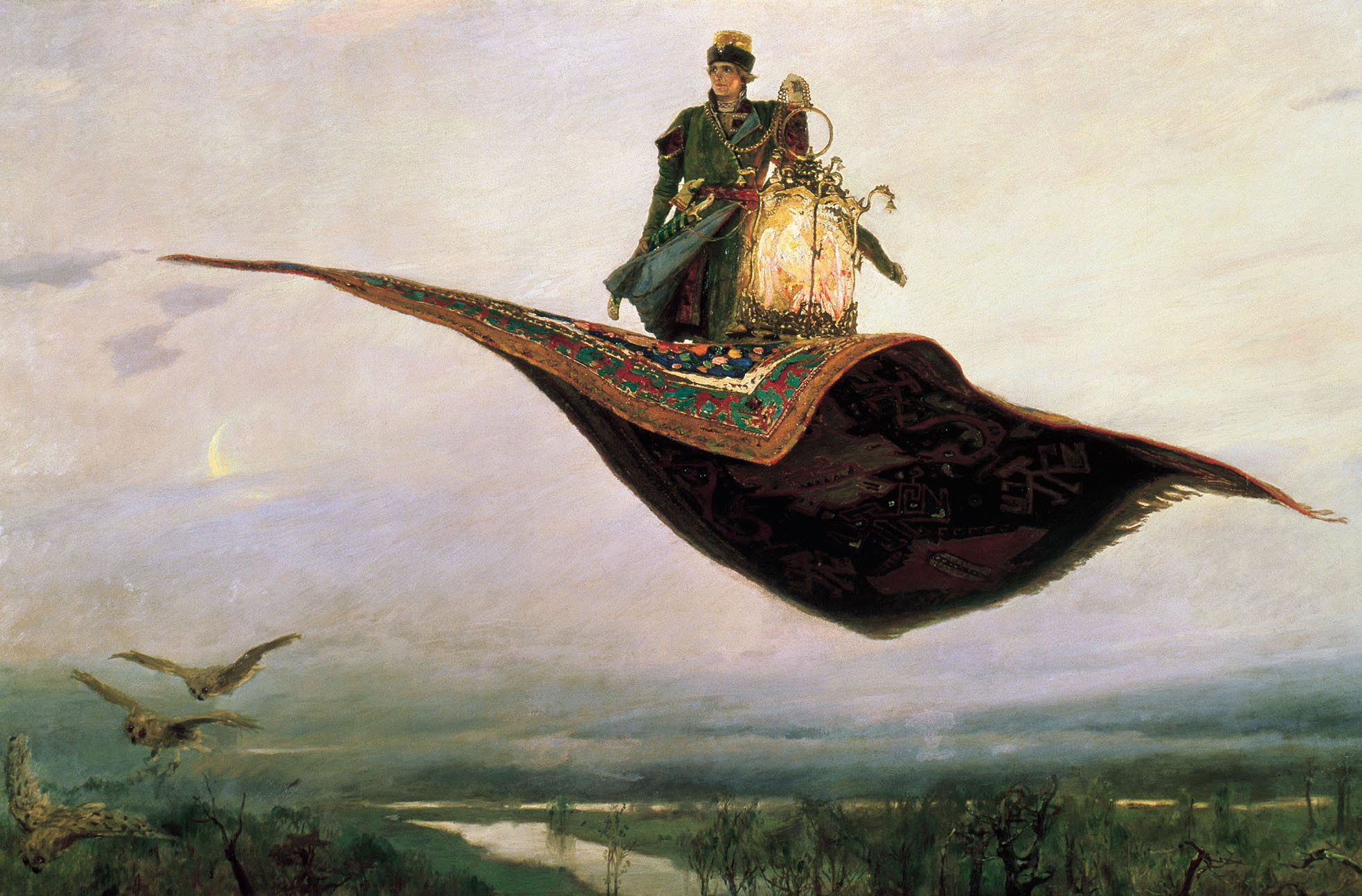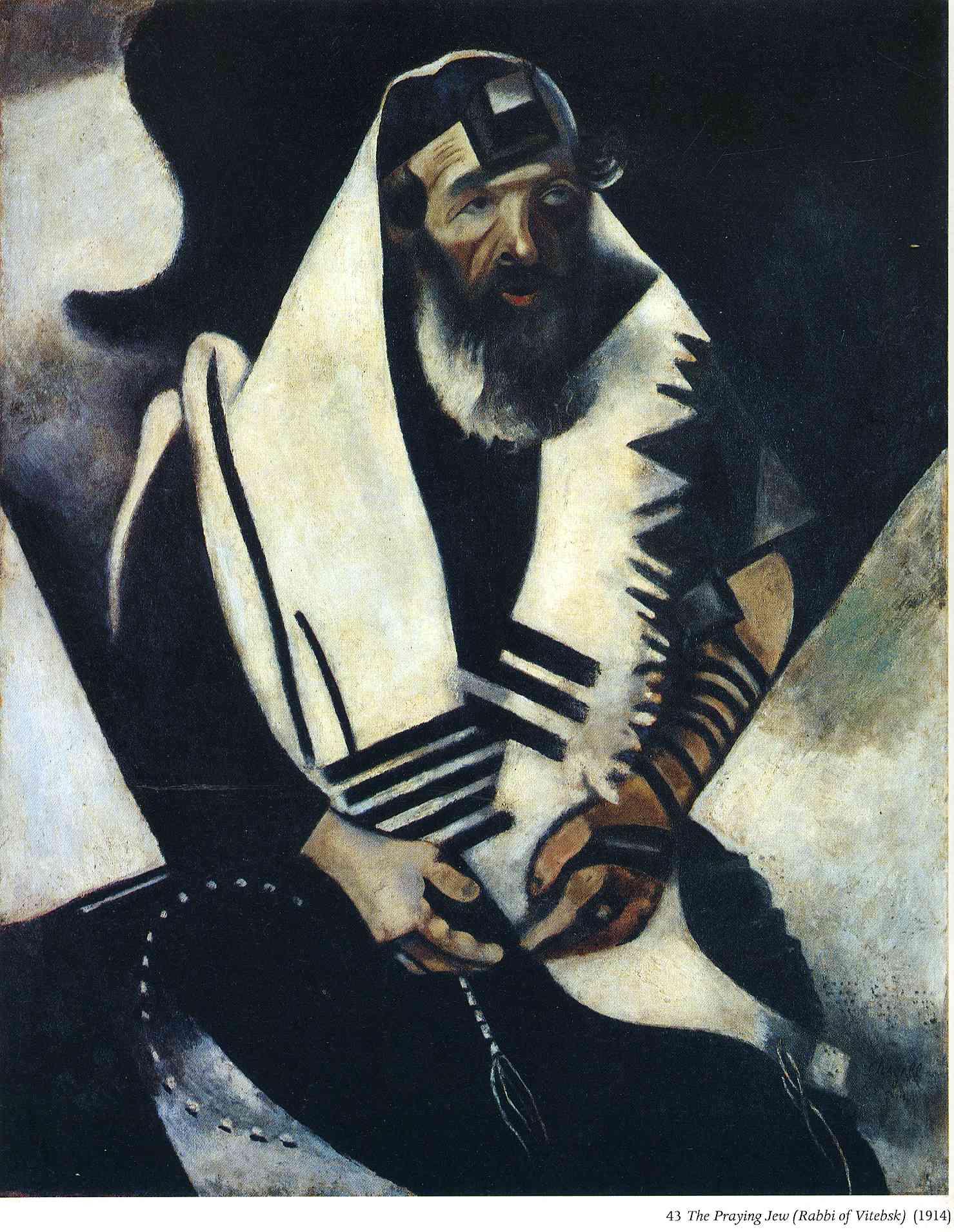The Ethics of Time. Manoussakis, John. New York: Bloomsbury Press, 2017. ISBN: 9781474299169. Hardback. 232 pages.
John Manoussakis’s latest book, The Ethics of Time (2017)—the second volume of a trilogy to be—should be read as a continuation of the work he began a decade ago in God After Metaphysics (2007). In that earlier book, which bore as its subtitle A Theological Aesthetic, he sought to consider by means of phenomenology’s own principles that which phenomenology has long claimed to be impossible: namely, religious experience as given through the senses. For Manoussakis, “it is our body that allows us to be united with the divine.”[1]
This provocative claim—which runs counter to the traditional philosophical prioritizing of mind over body—makes it clear why Manoussakis’s theological aesthetic “has little to do with… that branch of philosophy that deals with the notion of beauty and fine arts” and instead derives “from [the] original Greek sense of aisthanomani: to feel by means of one’s senses.”[2] A theological aesthetic is, for Manoussakis, an encounter with God made possible by our capacity to receive that which is outside or other through taste, touch, sight, and sound.
Yet if such an aesthetic is possible—that is to say if we can have a sensory, tactile experience of God—it is only because our bodies exist in time or, to put it more accurately, because time belongs to the body. Manoussakis agrees with phenomenology’s claim that consciousness both constitutes and is constituted by time, but he also insists that there can be “no consciousness that is not embodied,” no time without the body.[3] Similarly, it would make no sense to speak of the body without time: “A body that becomes hungry”—i.e. a body that functions as body, that does what bodies do—“is a body affected by time.”[4] It is that body, that hungering, lacking, limited body “that allows us to be united with the divine.” For, when God “becomes what He is not, non-God, the sarx of the incarnation,”[5] when he ceases to be “a god who sees (theos) [and becomes] a god who touches and can be touched even to the folly of being eaten,”[6] he opens up the possibility of receiving him through the senses: a theological aesthetic.
This reversal of the Platonic/Neo-Platonic ascent away from the body which insists that the answer to man’s fallenness can only “be found in and effected by a descent into the bodily”[7] is first introduced in God After Metaphysics, but it is not until not The Ethics of Time, in which Manoussakis offers an extended commentary on Augustine’s Confessions, that it receives its fullest articulation. In his consideration of the phenomenology of conversion, that is the phenomenology of change, Manoussakis provide us with a truly original reading of Augustine’s project.
Manoussakis does so by placing Augustine in dialogue with psychoanalysts such as Freud and Lacan on topics that have been psychology’s patrimony: memory, desire, and temporality. Indeed, Manoussakis himself is the first to note the remarkable resemblance that his interests bear to those of the psychoanalyst.[8] Thus, he does not hesitate to employ the language and insights offered him by theoretical psychology. Rather he takes his own advice and, writing as a phenomenologist, borrows freely from a field that he believes to be strikingly conversant with his own.[9]
We ought not to be surprised, then, to find Manoussakis following in the footsteps of Augustine who adopted and adapted the best ideas that other thinkers had to offer in the service of his own philosophical pursuits. It is this ability to appropriate the insights of a wide array of perspectives that allows Manoussakis to offer an original answer to the classic philosophical problem of evil. What he calls his “phenomenological theodicy” attempts to reconcile the existence of a good God with man’s experience of evil and suffering by taking into consideration phenomenology’s insistence on the import of time.[10]
With the help of psychological theories like Freud’s Nachträglichkeit, Manoussakis argues that the movement of time precipitates an “ethical delay” which allows us to understand our lives only after the fact, only when the events and traumas have occurred and enough time has elapsed for us to collect our fragmentary memories into a unified story of the self. The good, he claims, can only come later, only by means of the movement of time.
For Manoussakis, time is movement and change. It is the progression of history toward its eschatological end. But unlike Hegel’s Phenomenology of the Spirit, the eschatological realization of history is not a project to be carried out by us. It is, rather, a movement that carries us—often against our will and intentions. Here, then, the ethical dimension of time to which the title of his work eludes becomes clear.
For, if time is the movement from imperfection to perfection, from creation to eschaton, if evil is, what Manoussakis calls, “a moment in the temporalized unfolding of the good,”[11] then the goodness that we seek will only be fully realized at the end. Perfection cannot be experienced in history but will be a result thereof. If today we suffer evil, his argument goes, that is because the arrival of the good has been delayed. Creation is still groaning with labor pains, still striving toward its ultimate completion.
This eschatologically oriented understanding of history, which proposes a “cosmological conversion” that accounts for “the ways in which the good appears as ‘a result of’ time”[12] situates man’s existence at an in-between. We are no longer at the beginning, not yet at the end. We are lacking, longing, desiring, moving, changing, struggling, striving; and the good is still unfolding around us by means of the movement of time.
This is what Manoussakis calls the “scandal of the good”—the fact that, when we experience the good, we experience it not as something good but precisely as that which is not good, that which wounds, the trauma of existence. “In a world and for a self that are not perfect . . . shouldn’t the good be perceived and experienced necessarily as evil?”[13] Yet if in the present moment we experience goodness as something evil, it is the passage of time, Manoussakis asserts, that can provide us with the necessary distance from the rupture to see it for what it is. Here, Manoussakis attempts to affirm the goodness of time by positing it as the tool of the good.
That time heals all wounds is a truism. In The Ethics of Time, John Manoussakis reformulates this platitude and reminds us, perhaps, of a forgotten truth: time makes all things new.
Matthew Clemente is a graduate student in the Department of International Studies at Boston College.
_________________________________________________________________________
[1] Manoussakis, The Ethics of Time, 104.
[2] Manoussakis, God After Metaphysics, 2.
[3] See, “We could say now… that what makes the difference between reflective and unreflective consciousness… is nothing else than the body. Yet, we would be equally right in saying that what makes the difference between reflective and unreflective consciousness is nothing else than time.” Manoussakis, The Ethics of Time, 107.
[4] Ibid, 105.
[5] Manoussakis, “Cracked: the Black Theology of Anatheism,” 53.
[6] Manoussakis, The Ethics of Time, 105.
[7] Ibid, 102.
[8] See, “Freud’s Beyond the Pleasure Principle [is] a book which, in its discussion of infancy and children’s games, memory, and time, offers thematically a close resemblance to the Confessions.” Manoussakis, John, The Ethics of Time (London: Bloomsbury, 2017) 101.
[9] Cf. “To . . . translate psychoanalysis to phenomenology and phenomenology to psychoanalysis is an admirable task of which I am fully supportive. Without question, it is the ability of a synthetic mind and of a good scholar to recognize family resemblances between one’s own field and that of others, to be ‘multilingual’ when it comes to the language games by which specific schools of thought articulate themselves, and to refuse the confinement to one’s epistemic home. Freud himself was famous for being such a merchant of ideas, importing and exporting concepts and terms that have now become a commodity of our everyday language.” Manoussakis, John, “The Place Of Das Ding: Psychoanalysis, Phenomenology, Religion,” in Religious Theory the online edition of The Journal for Cultural and Religious Theory (February, 2017).
[10] Manoussakis, The Ethics of Time, xiv.
[11] Ibid, xiii.
[12] Ibid, xii.
[13] Ibid, 161.




